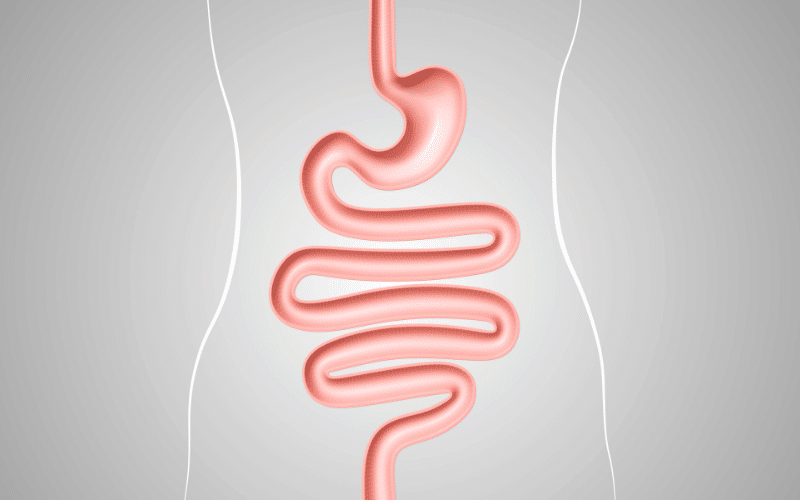Symptom 4: Gastrointestinal Complications – A Silent Harbinger of MODS

When MODS sets its lethal cascade in motion, the gastrointestinal system doesn’t escape unscathed. Gastrointestinal complications, often sidelined, act as grim harbingers of MODS. At the outset, a patient may experience mild to moderate discomfort, which may seem inconsequential but deserves scrutiny.
In the early stages, symptoms like nausea and vomiting can set in. It’s essential to recognize that these symptoms could be indicative of reduced blood flow to the stomach and intestines. The lack of adequate blood supply can impede the organs’ ability to function effectively and can indicate the onset of MODS.
As MODS progresses, a patient might also experience severe abdominal pain. This pain can be attributed to intestinal ischemia, which is a serious condition where the blood flow to the intestines is compromised. Without prompt medical intervention, this lack of blood flow can lead to necrosis of the intestinal tissue.
Of significant concern is the gut’s altered permeability during MODS. The tight junctions that typically hold the intestinal walls together become looser. Consequently, bacteria and toxins that should be contained within the intestines find an escape route into the bloodstream. This event, known as bacterial translocation, can wreak havoc on a systemic level. (4)